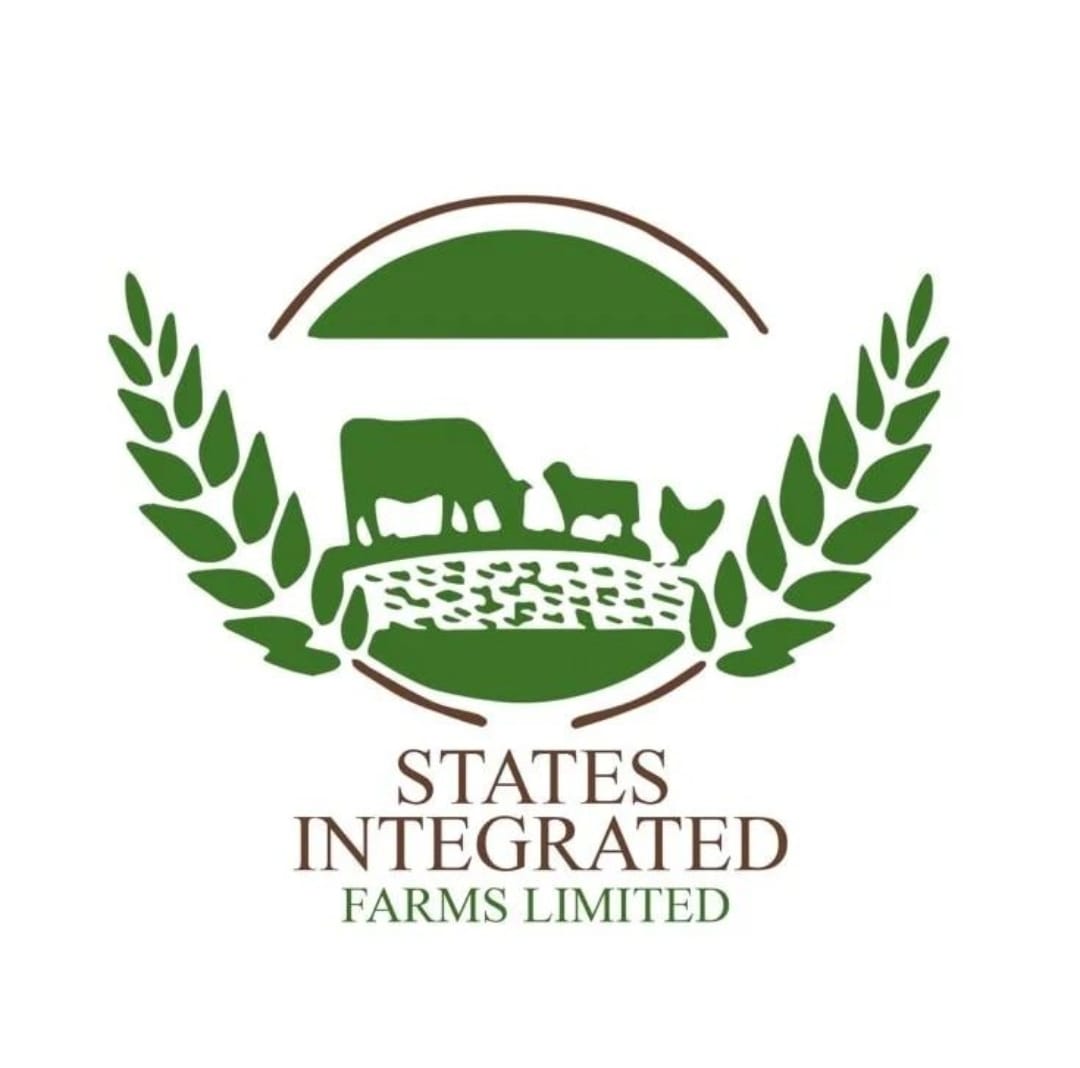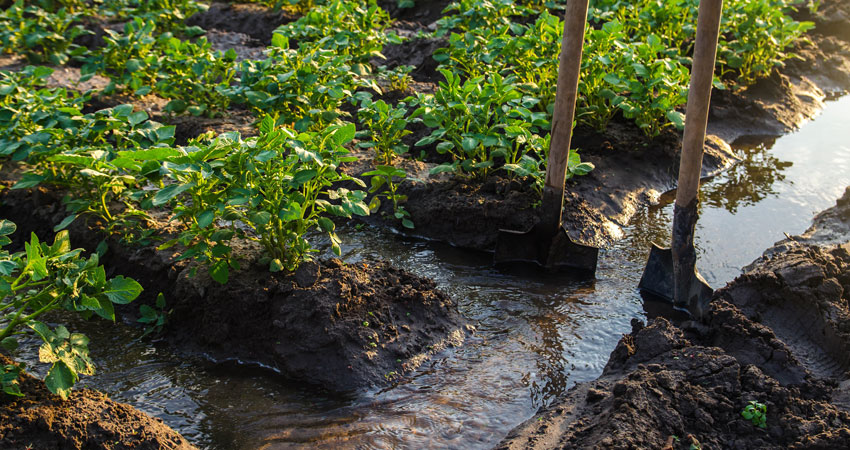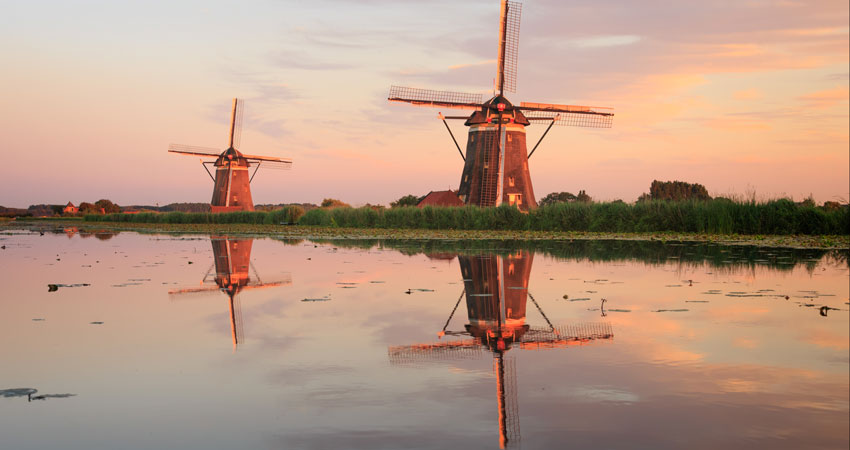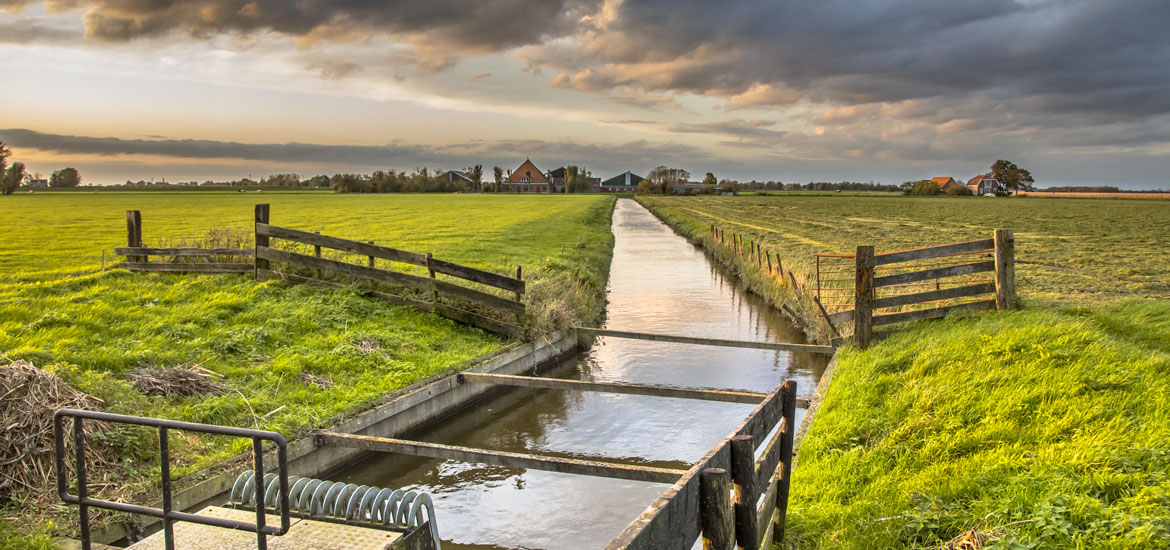
Poultry Farming and Egg Production
Water Resources Management (WRM) is the process of planning, developing, and managing water resources, in terms of both water quantity and quality, across all water uses. It includes the institutions, infrastructure, incentives, and information systems that support and guide water management.
Ways to save water
Next to air, water is the most important element for the preservation of life. Water is a finite commodity which, if not managed properly, will result in shortages in the near future. Water conservation can go a long way to help alleviate these impending shortages.
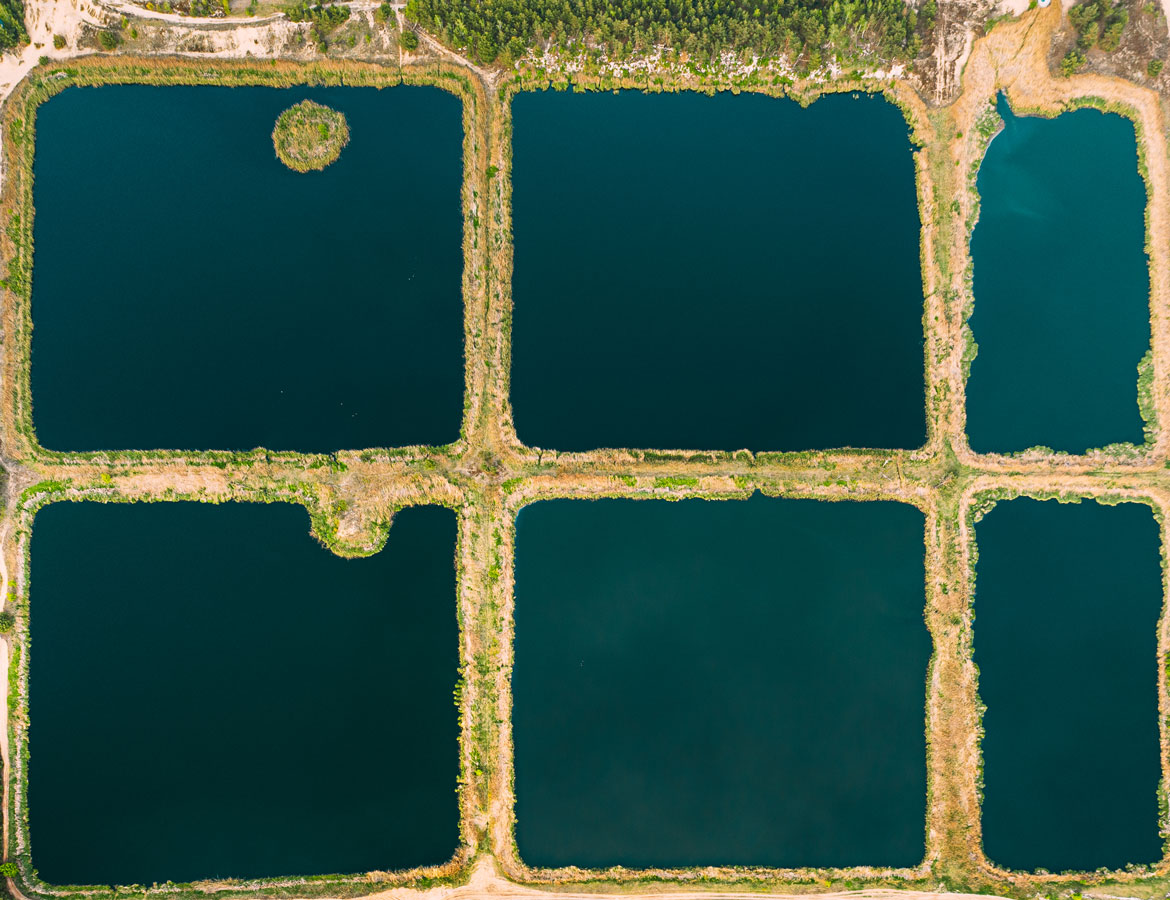
Fill a jug of water and put it in the fridge for when you want a cool drink. Turn off the tap when you clean your teeth. A running tap uses up to nine litres of water a minute. Wait until you have a full load before using your washing machine or your dishwasher.
Prioritizing water management helps you eliminate water waste and keep your water infrastructure operating in peak condition. Using water efficiently decreases your water bill, and there are several other ways it drives down water-related costs.
Most farmers use drip irrigation to save water. Although it is already a considerable improvement over traditional flood irrigation, there is still room for improvement. Instead of a water outlet on the surface, the new “System of Water for Agriculture Rejuvenation” (SWAR) technology provides underground irrigation
Our main sources of water for drinking, washing, agriculture and industry are surface water, groundwater and collected rainwater, all of which are dependent on rain and snow falling on the Earth's surface.
